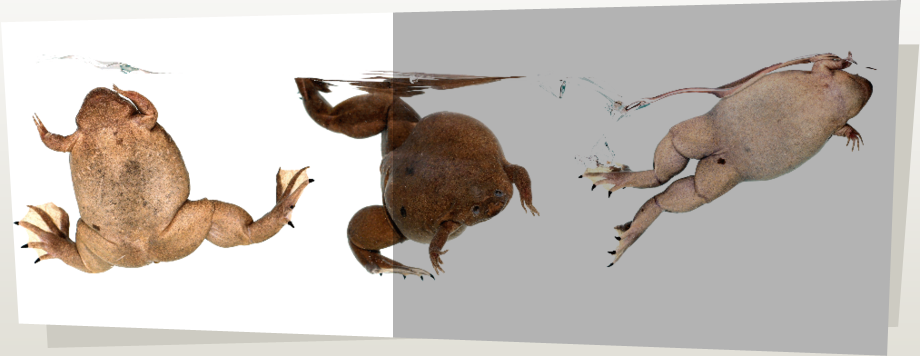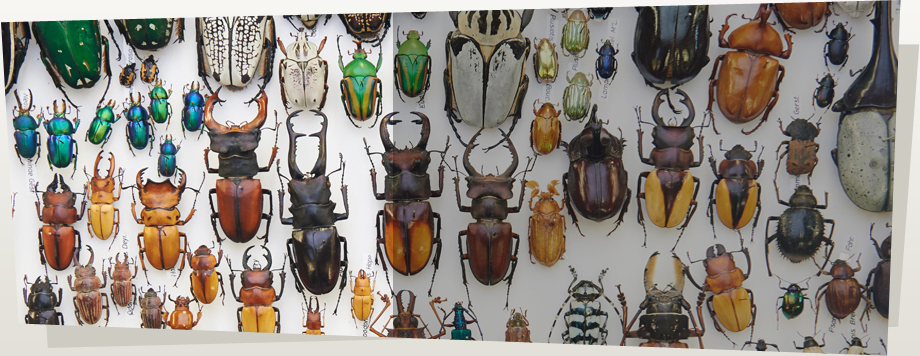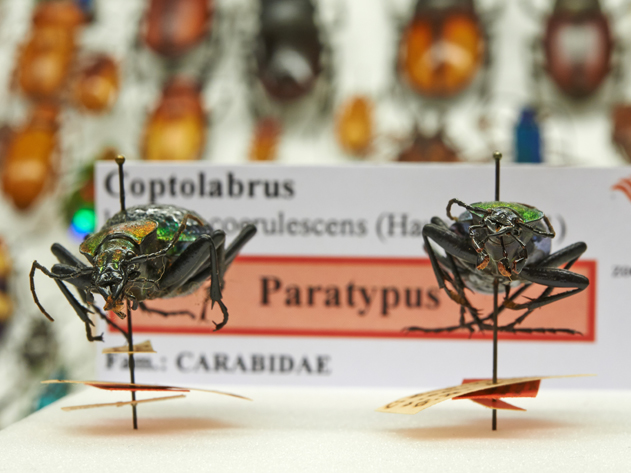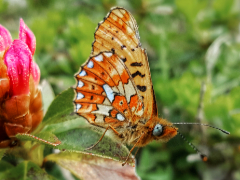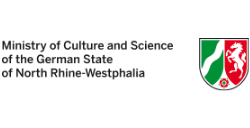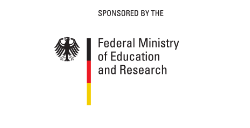Publications
Herpetology, Alexander-Koenig-Society (AKG)
Herpetology, Alexander-Koenig-Society (AKG)
Biohistoricum, Centre for Biodiversity Monitoring and Conservation Science (zbm)
Projects
Centre for Biodiversity Monitoring and Conservation Science (zbm), Metabarcoding, Visitor and Educational Research, Experimental and Applied Ecology, Administration
Comparative Vertebrate Genomics, Comparative Insect Genomics
Comparative Vertebrate Genomics



